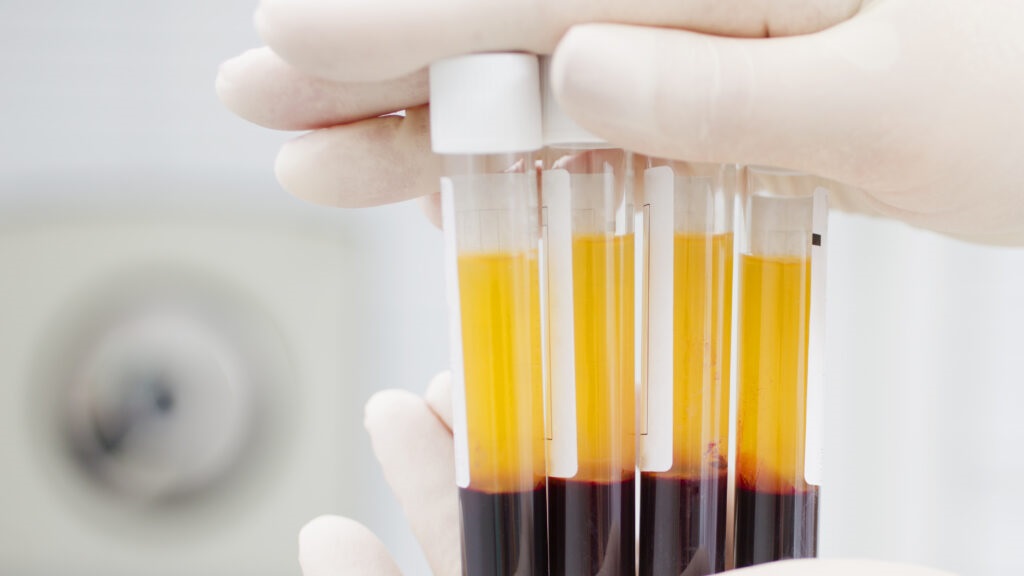
Plasma derived therapy - a boon for patients with rare diseases
For the treatment of some rare diseases such as hemophilia, plasma derived therapy is effective. There are numerous studies and examples in the medical community that prove the effectiveness of plasma derived therapy in the treatment of rare diseases. Today, patients with hemophilia who are treated with appropriate plasma derived therapy or receive the treatment of plasma-derived products from infancy, using plasma-derived products such as recombinant factor VIII, are no longer afraid of hemophilia and can live their lives as normal people. Recombinant Factor VIII became widely available after clinical trials were completed in 1994, and a Swedish study found that the average of life expectancy of hemophiliacs was greatly increased by receiving plasma derived therapy.
In addition to being used to treat hemophilia blood preparations and
plasma-derived products are also often used to treat patients with primary immunodeficiency. According to statistic, the survival rate of primary immunodeficient patients who have received plasma derived therapy is 94% after 10 years, which is already very close to the survival rate of normal people.
 In addition to being a boon for patients with rare diseases, plasma-derived therapies are also effective in improving quality of life and enhancing economic benefits.
In addition to being a boon for patients with rare diseases, plasma-derived therapies are also effective in improving quality of life and enhancing economic benefits.
For example, patients with primary immunodeficiency have a significantly better quality of life when they receive Intravenous immunoglobulin (IVIG), and according to interviews patients have a significantly better quality of life within one year of receiving IVIG than they would have had if they had not received IVIG for six months, and the improved quality of life affects notonly the individual but also the broader society. For the individual patient, plasma-derived therapies reduce potential inpatient medical expenses, and for society, socioeconomic benefits are increased as more of the workforce is brought to market. 60% of primary immunodeficiency patients are almost always hospitalized before being diagnosed and receiving blood-derived therapies; after receiving blood-derived therapies, the hospitalization rate decreases to 25% and the number of days patients are sick decreases from an average of 20 days to 5 days.
In addition to hemophilia and primary immunodeficiency mentioned above, plasma-derived therapies are also used to treat and alleviate many important diseases, such as albumin, which is commonly used to treat hypovolemia or shock, burns, and also widely used in hypoalbuminemia, surgery or trauma, cardiopulmonary bypass, acute respiratory distress syndrome, hemodialysis, etc. It can be said that blood preparations and plasma-derived therapies are a boon for patients with rare diseases.

